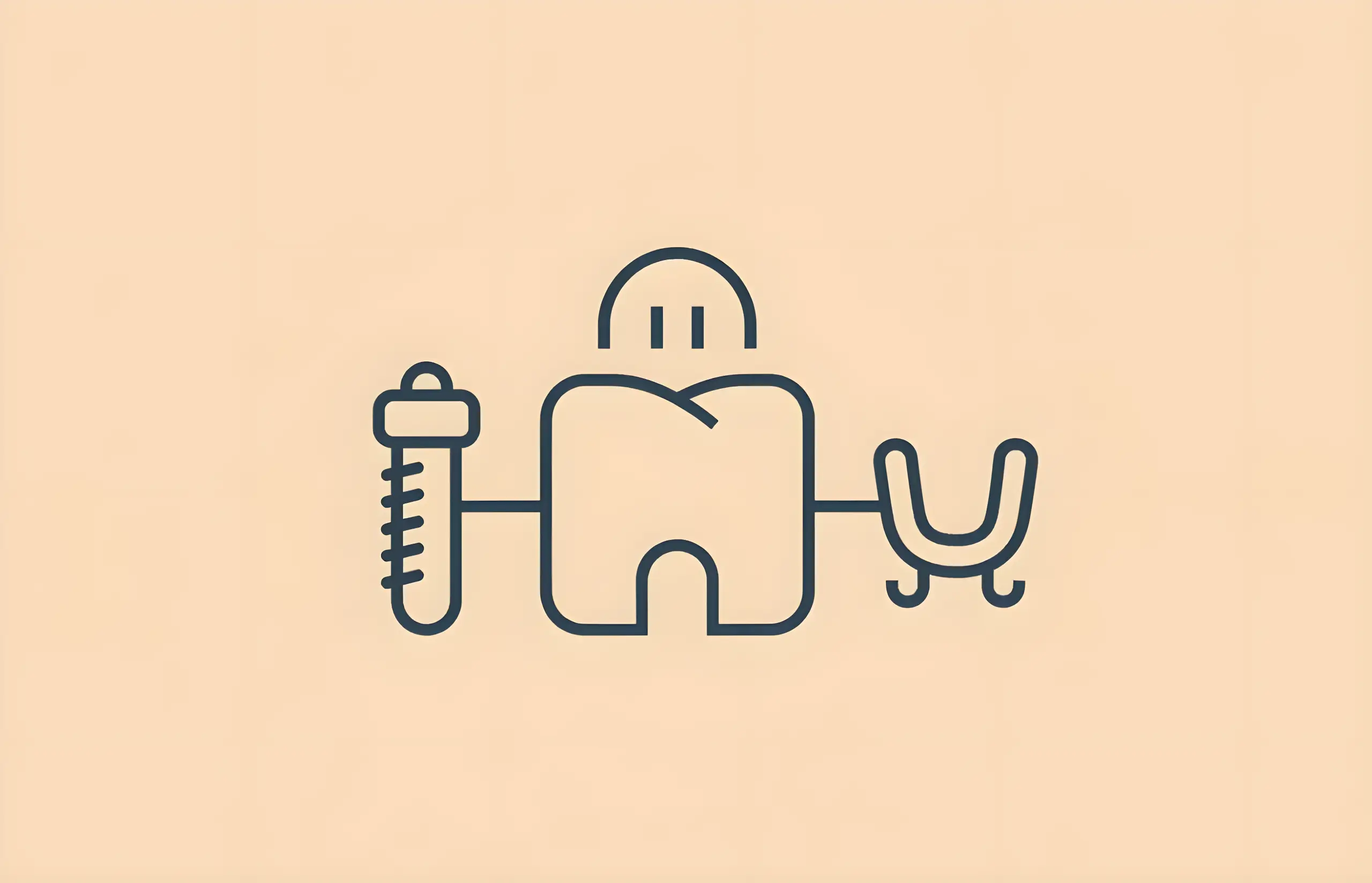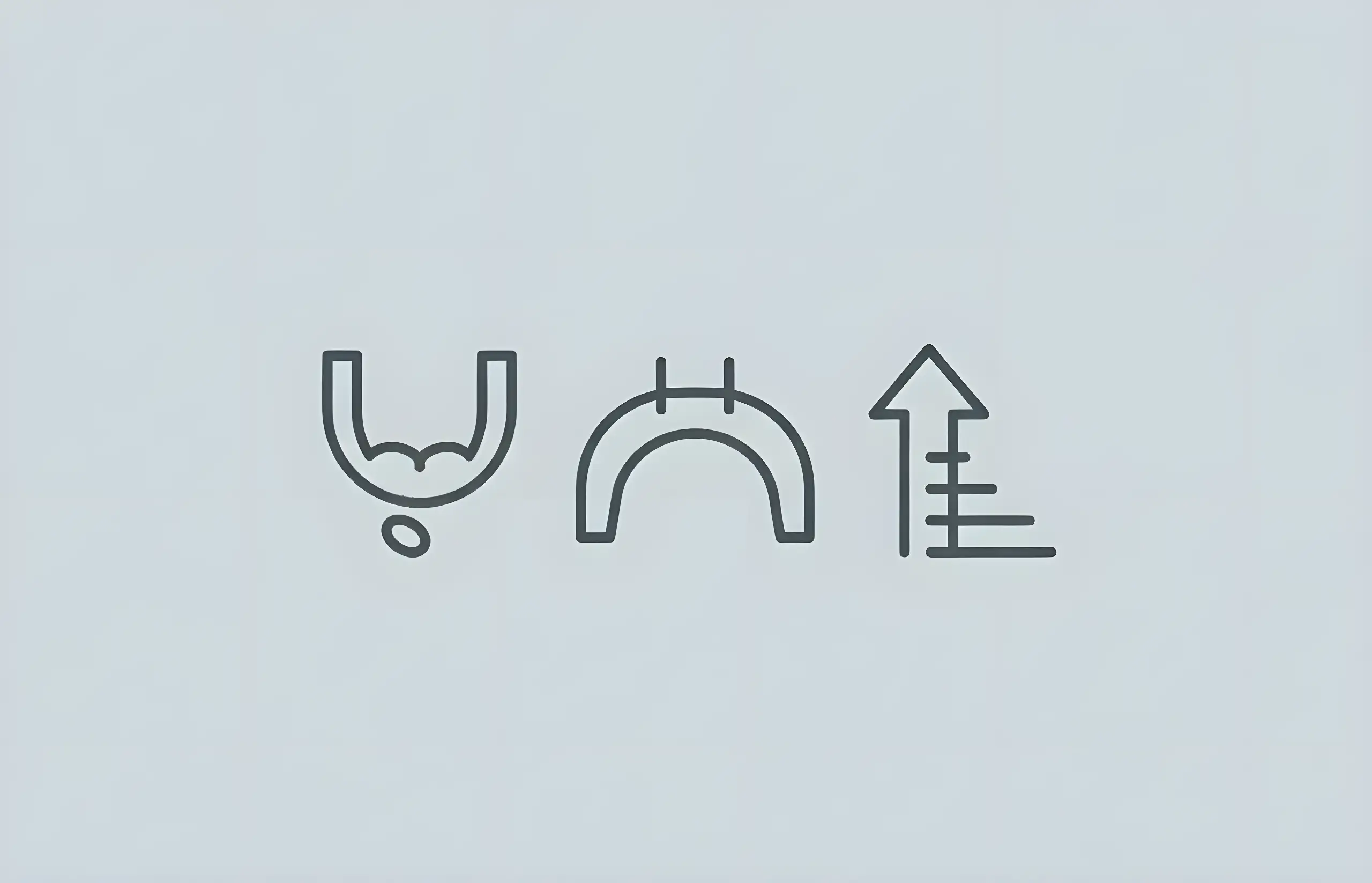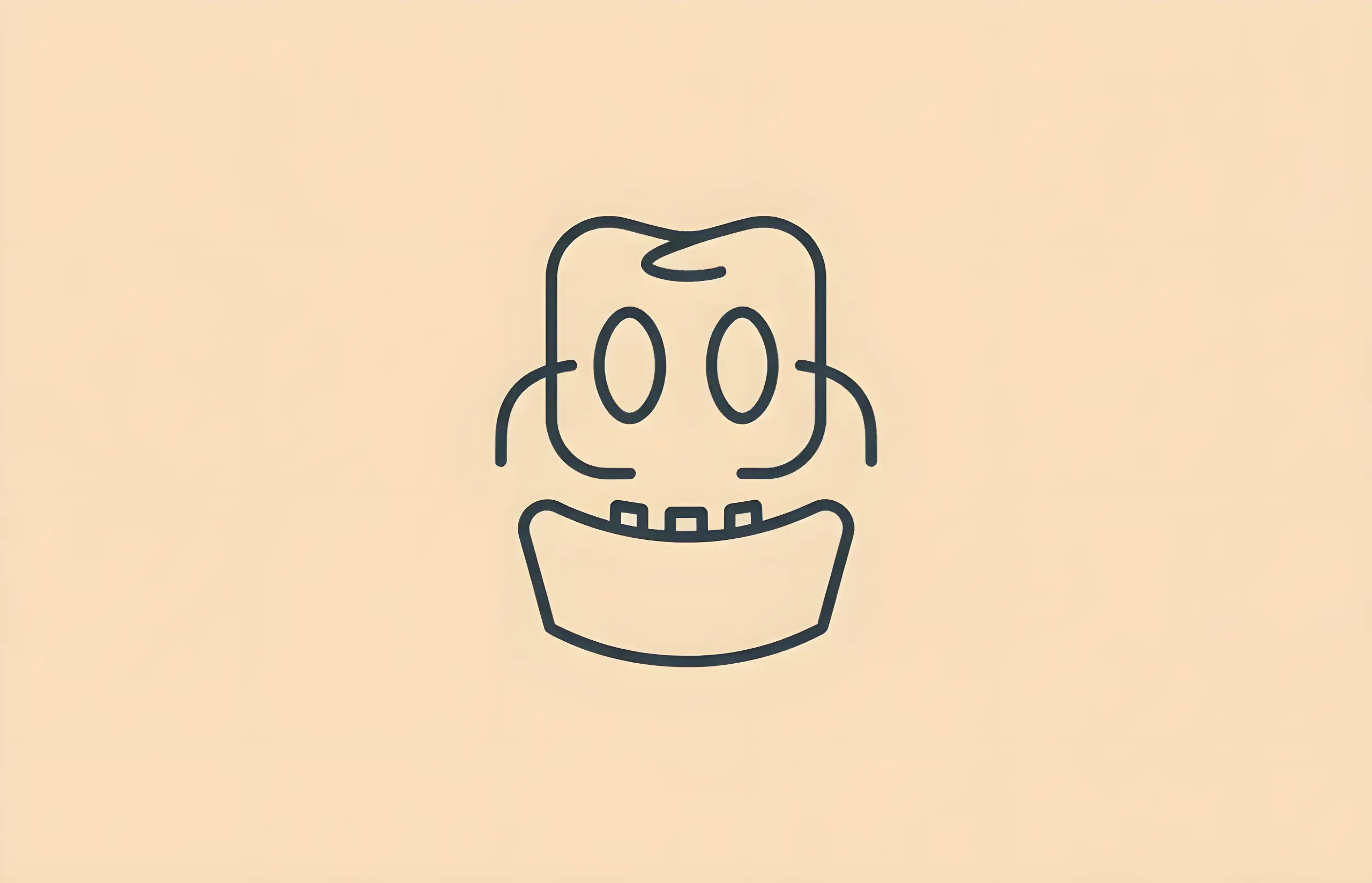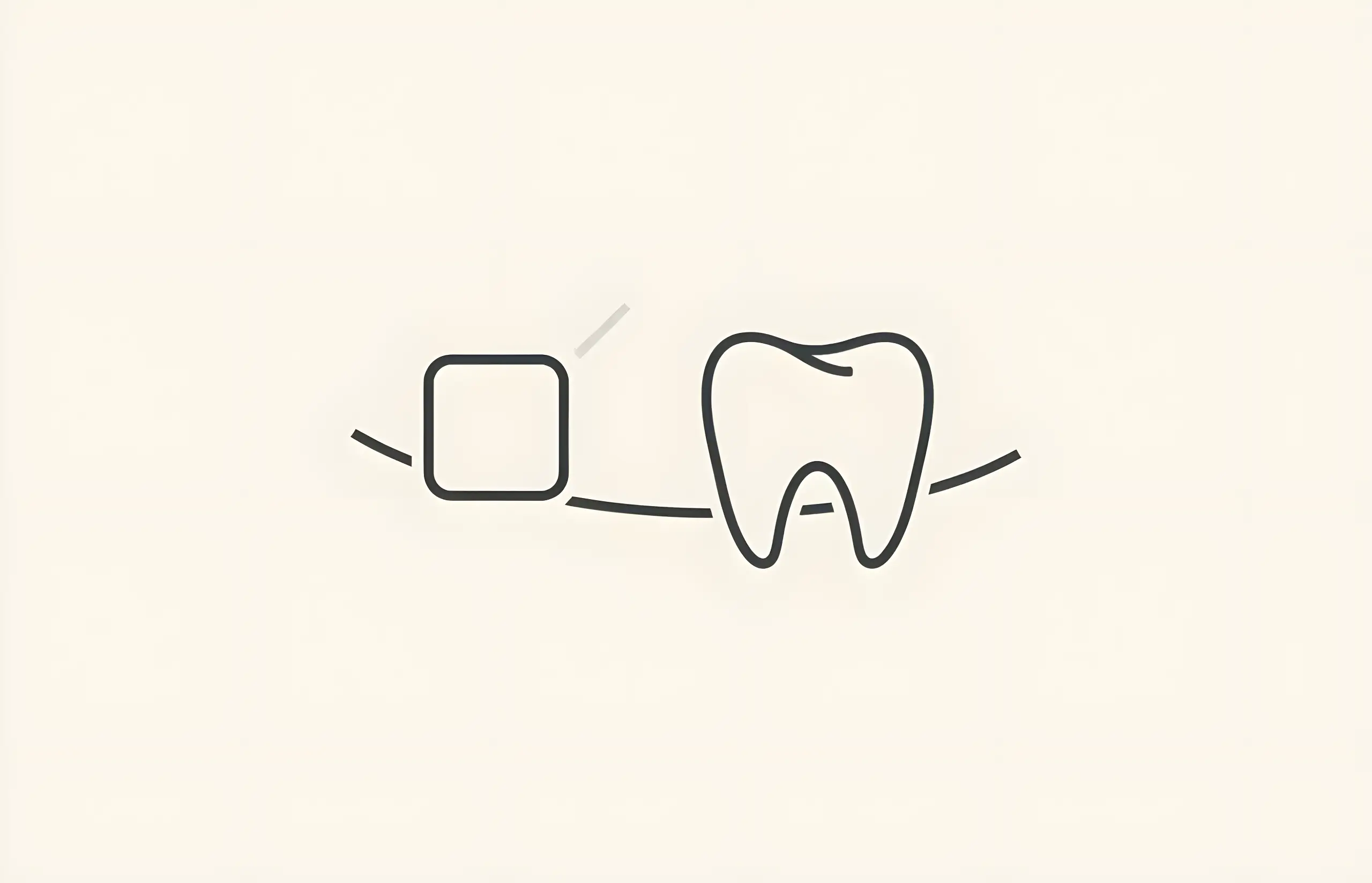Typically, dentures are a replacement when your teeth go missing for whatever reason. But that's not its only use. So, a lot of people tend to get dentures depending on their needs. Here's what that is all about.
The Importance of Dentures
A dentist can tell you whether you fit the bill should you need dentures. So, if you are unsure whether to get them, partial or full, you can talk to them. But if you want a quick nugget of information, here's how dentures can be useful for other reasons.
To Eat and Speak Better
When you have your original set of teeth, you can easily voice sounds with the letters 's' and 'c'. The hissing sound produced with these words needs you to have teeth so that your tongue is well balanced.
A complete set of good teeth also comes in handy when eating. We have different types of teeth in our mouths, so we can grind and tear food easily. If you have a whole bunch of teeth missing, you know it is hard to do this sometimes, if not always.
To Stop Facial Muscles From Sagging
The teeth in your mouth also do a good job holding up the skin behind your cheeks. If you don't have them, that part of your skin sags, and dentures can take care of that problem and give yourself the look of healthy skin.
And when your cheeks are supported well, you might even achieve the look of a younger person if you'd like that. Of course, this alone is never a good enough reason to get dentures. They are functional dental appliances and not cosmetic ones.
Get a Lovely Smile
The third good use of having dentures is that artificial teeth are a great way to keep your smile dazzling. And that can add confidence to the patient. So, they are not just about keeping your mouth functional but also giving you inner confidence, which greatly impacts your mental health. This can be done with partial or full dentures.
When Is It a Good Time to Get Dentures?
As mentioned in the beginning, it is common knowledge that dentures are usually suggested for those with missing teeth. One of the first things that are done while determining whether someone is eligible for dentures is their age.
Of course, that is not the only factor. Dentures are attached to the mouth with dental glue if you need a full set. Often, that is the result of periodontal diseases. In this case, old age is considered to be over 45 years of age.
Young people are more likely to have partial dentures. In this case, anyone under 45 is considered a young person. But sometimes, depending on the circumstances, people in their 20s and 30s might also be recommended dentures.
So, if you are looking for average age, that might be from 40 to 49 years of age. But that can change based on your specific requirements.
Why Young People Needn't Worry About It
If you are a young person on the fence about getting dentures, here's why you needn't worry.
Advanced Technology
A lot of progress has been made in this field. As a result, the dentures available today do not have bulky plates with an uncomfortable fit. The materials used in their making are state of the art, and they look pretty much like your original teeth.
Partial dentures are also a great option should you need them. Many of them are not made with metal and are lightweight. So you won't feel like they are inflexible or look different from the rest of the set.
No Further Damage
If there are spaces between your original teeth, that puts more pressure on the rest of them and adds to everyday wear and tear. That makes them loose over time, and you most definitely don't want that.
Partial dentures are pretty flexible and a good option for those who only want to replace some teeth. They are also suitable for those who want to keep their bit stable or align the other teeth.
Finishing Up
No matter your age, there are plenty of reasons to get dentures, full or partial. A dentist will tell you there is nothing wrong with replacing missing teeth with dentures to maintain oral health and look good.
Sources and References
-
[1]
Tooth Loss in the United Kingdom – Trends in Social Inequalities: An Age-Period-and-Cohort AnalysisPLOS ONE (PubMed Central)https://www.ncbi.nlm.nih.gov/pmc/articles/PMC4126783/
-
[2]
Epidemiology of the impaired dentitionCommunity Dental Health (PubMed Central)https://pmc.ncbi.nlm.nih.gov/articles/PMC1644994/
-
[3]
Predictors for tooth loss in periodontitis patients: Systematic review and meta-analysisJournal of Clinical Periodontologyhttps://pubmed.ncbi.nlm.nih.gov/31025366/
-
[4]
Improvement in Quality of Life of Elderly Edentulous Patients with New Complete Dentures: A Systematic ReviewInternational Journal of Prosthodonticshttps://pubmed.ncbi.nlm.nih.gov/31034544/
-
[5]
The epidemiology of edentulism and the associated factors: A literature ReviewJournal of Family Medicine and Primary Care (PubMed Central)https://pmc.ncbi.nlm.nih.gov/articles/PMC7346915/
All sources accessed and verified on . Medical information reviewed for accuracy and compliance with current guidelines.
Related Articles

Can Dentures Be Fitted to Receding Gums?
Complete guide to fitting dentures with receding gums including causes of gum recession, types of dentures, benefits, precautions, and proper care for optimal results

What to Do When Your Dentures are Cutting into Your Gums?
Comprehensive guide to managing denture pain, understanding causes of gum irritation, and effective treatments including home remedies and professional adjustments

How To Clean Dentures
Essential guide to proper denture cleaning and care, including daily brushing and soaking techniques, recommended cleaning products, what to avoid, and tips for maintaining optimal oral health with dentures

Missing Tooth Replacement Options
Compare dentures, bridges, crowns, and dental implants for replacing missing teeth including costs, benefits, and which option is best for your needs

Tooth Extraction for Dentures – Recovery Time Expectations
Understanding healing timelines, immediate vs permanent dentures, and what to expect during recovery after tooth extraction

What Are the Most Common Types of Dentures in the UK?
Comprehensive guide to denture types including complete, partial, implant-retained, flexible, and immediate dentures, with information on materials, durability (5-10 years), and clinical outcomes

Can You Get Veneers With Missing Teeth?
Complete guide to veneers and missing teeth including why veneers cannot replace missing teeth, treatment limitations, and effective tooth replacement options

Wearing Dentures After a Tooth Extraction
Comprehensive guide to immediate and conventional dentures after tooth extraction, including healing timelines (6-8 weeks for gums, 3-6 months for bone), benefits, and recovery process
About The Dental Guide
The Dental Guide is a trusted online resource providing evidence-based information about dental health, treatments, and procedures. Our content is created and reviewed by qualified dental professionals to help you make informed decisions about your oral health.
Our Mission
- Evidence-based dental information
- Expert-reviewed content
- Clear, accessible explanations
- Latest treatment options
- Patient-focused guidance
Editorial Standards
- GDC-registered dental professionals
- Peer-reviewed sources
- Regular content updates
- Medical accuracy verification
- Transparent authorship
Important Notice
The information on The Dental Guide is for educational purposes only and should not replace professional dental advice. Always consult with a qualified dentist for diagnosis and treatment recommendations tailored to your individual needs and circumstances.
Medically Reviewed
Reviewed by Dr. Nasim Mechoui , BDS (Bristol)
Share this article
Comments & Discussion
Have questions about dental implants? Share your thoughts or experiences.
